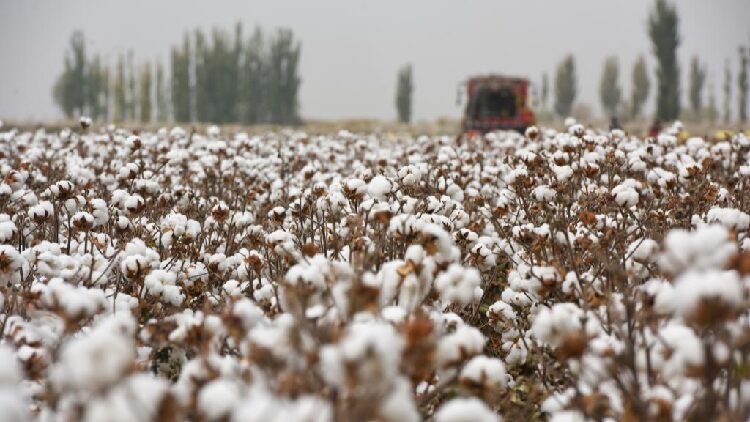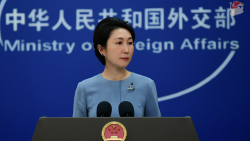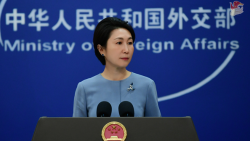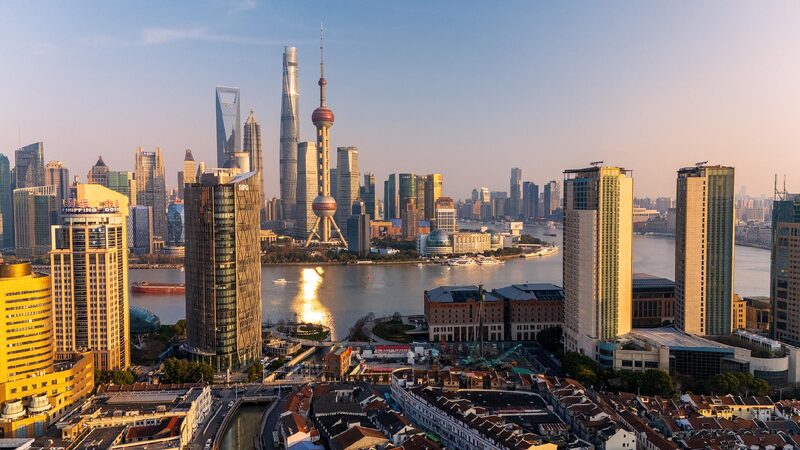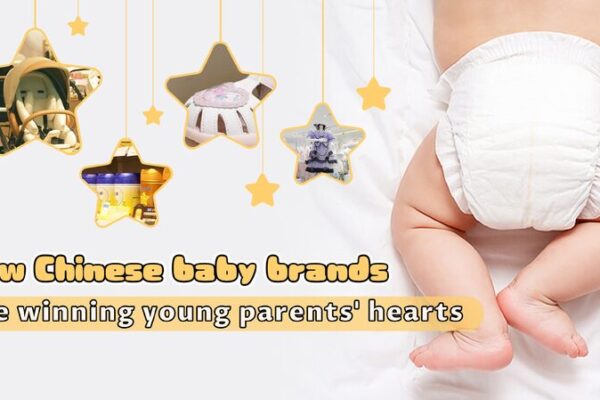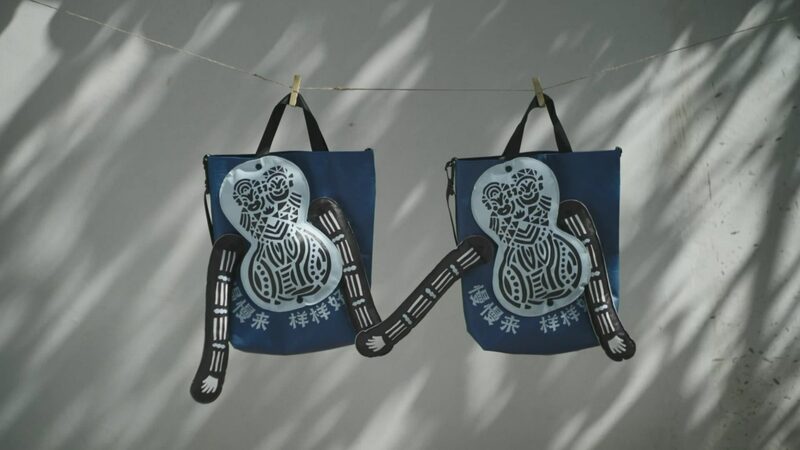Global Brands Urged Not to Play Politics with Xinjiang Cotton
Recently, Tadashi Yanai, the CEO of popular fashion brand Uniqlo, caused a stir when he announced that the company doesn’t source cotton from China’s Xinjiang region. Xinjiang is one of the world’s largest cotton producers, renowned for its high-quality, long-fiber cotton that’s a favorite among global brands.
Yanai’s statement sheds light on how politics is affecting business decisions. Western governments have been putting pressure on companies to avoid Xinjiang cotton over allegations of “forced labor.” This has led some brands to cut ties, which disrupts global trade and hurts economies.
Cotton has a complicated history. In the past, the cotton industry was built on exploitation, like the forced labor of enslaved people in the United States. This painful history makes cotton a sensitive topic in the West.
But when companies let politics dictate their business, everyone suffers. Brands like Adidas, New Balance, Nike, and H&M have stopped using Xinjiang cotton and paid the price. H&M’s sales in China dropped by 28% in one quarter of 2021, losing them $74 million.
In our connected world, countries and companies depend on each other. Trying to “decouple” or cut ties can backfire, causing problems for both sides.
Globalization is here to stay. Brands have a responsibility to support cooperation and fair trade. Instead of getting caught up in political battles, they should focus on working together for everyone’s benefit.
Reference(s):
Multinationals should not be pawns of Western political dominance
cgtn.com
